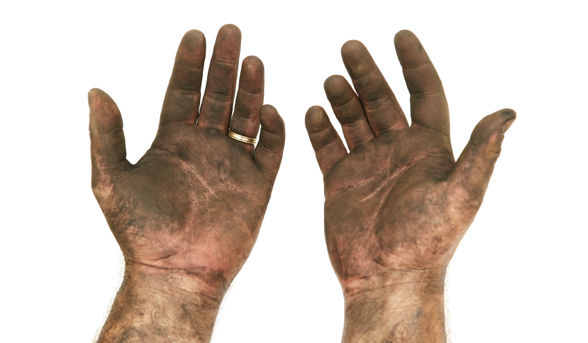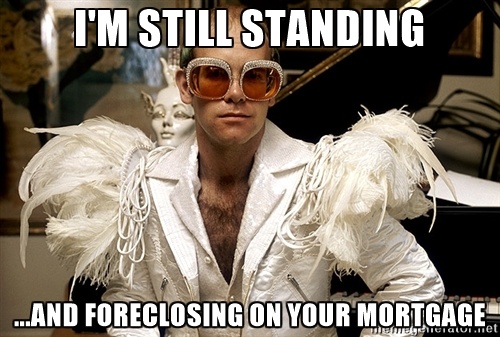Loan modifications, which involve a permanent change to one or more of the terms of a mortgage, are often the only means homeowners who've fallen behind on their mortgage have to save their home. But they are quite difficult to get, and sometimes the bank denies that they've received a complete loan modification application, depriving the homeowner of vital protections against foreclosure.
To be eligible for a loan modification, a package called a Request for Mortgage Assistance, or RMA, must be submitted to the mortgage servicer. The RMA includes tax and income documents as well as an affidavit explaining the hardship that caused the default.
Your mortgage company is not supposed to move forward with foreclosure when you have a complete loan modification application accepted and under review. Doing so would be engaging in something called dual-tracking, which is prohibited by mortgage servicing rules from the Consumer Financial Protection Bureau (CFPB).













